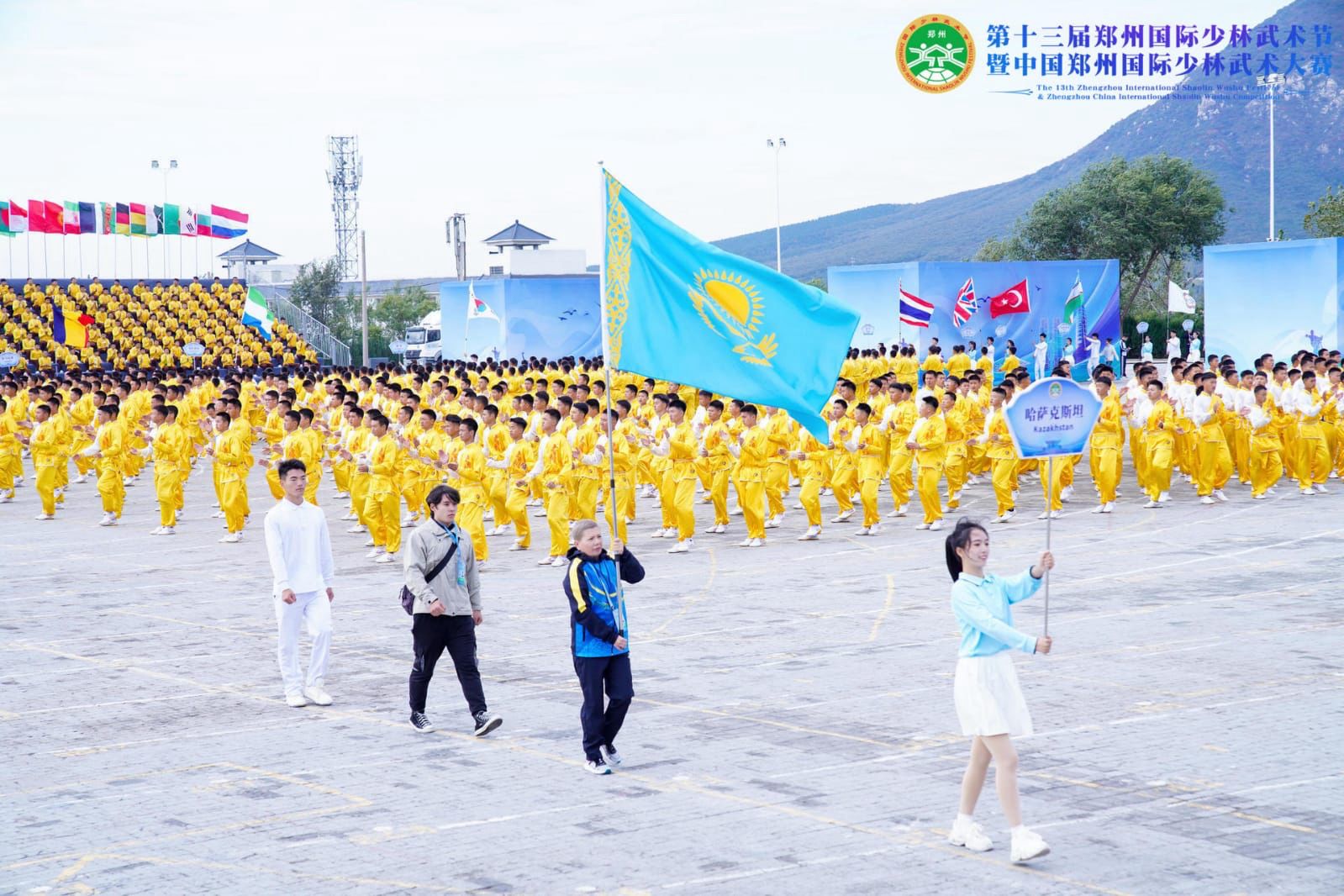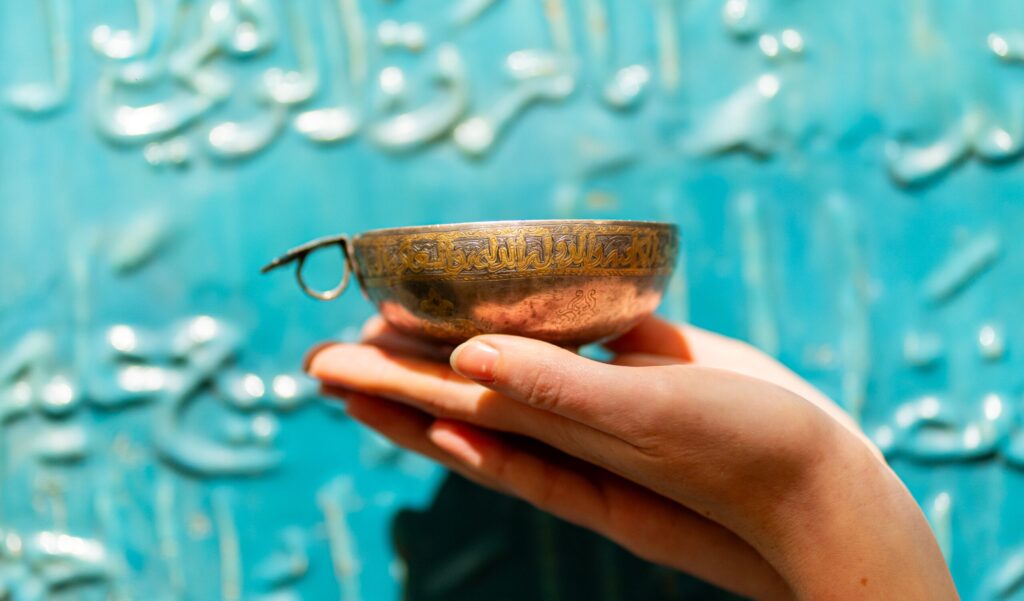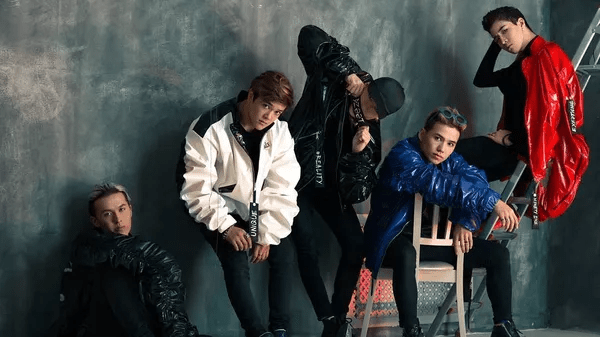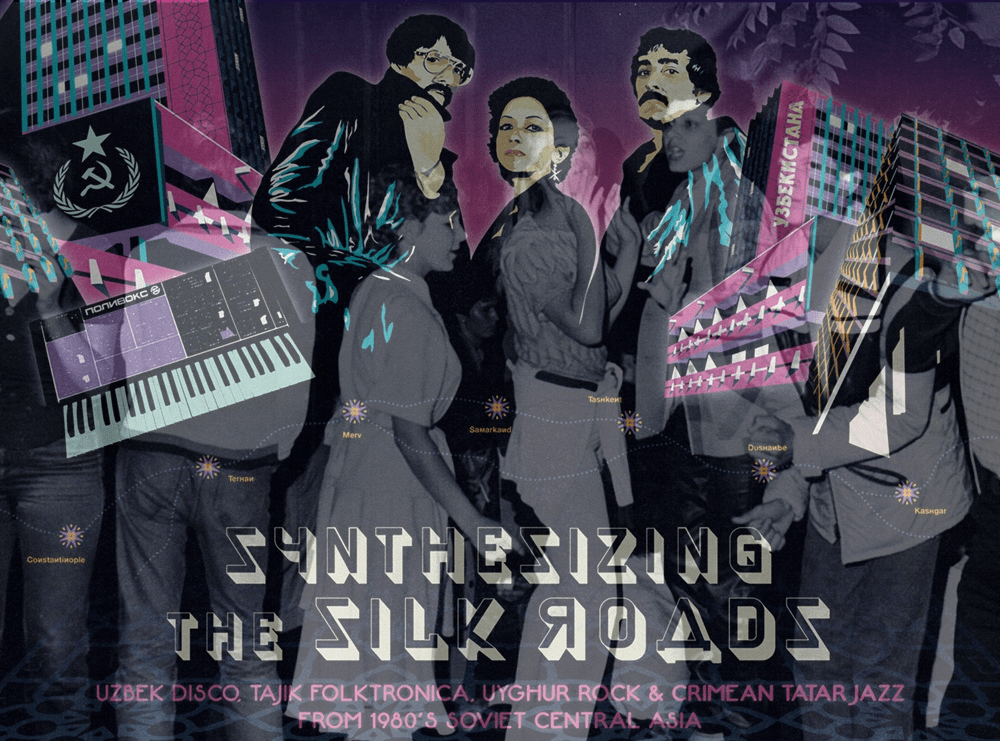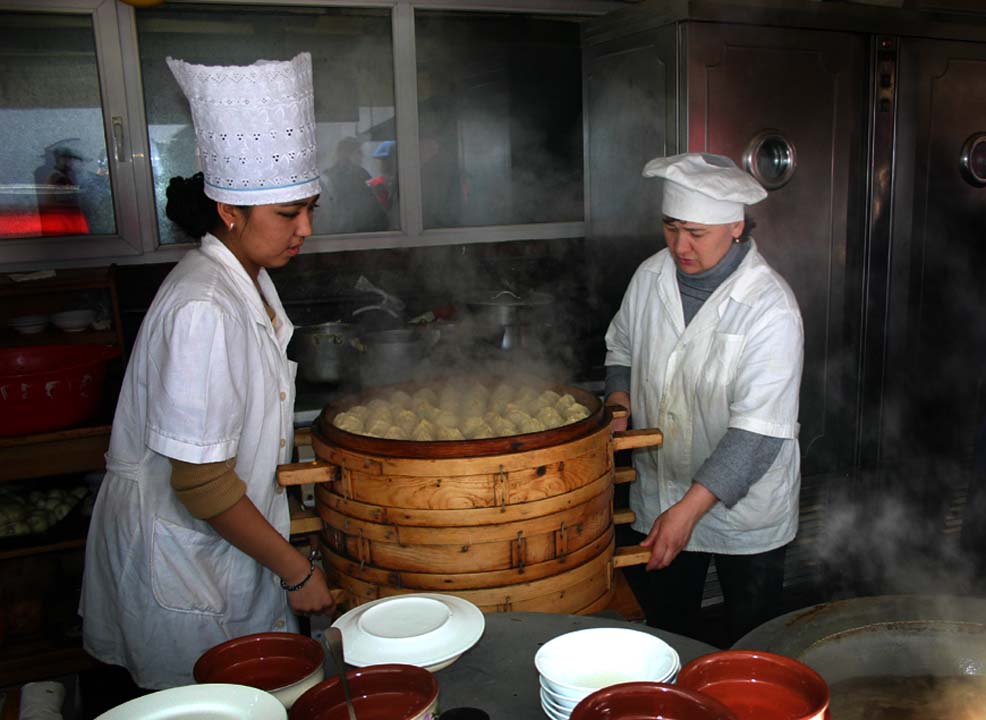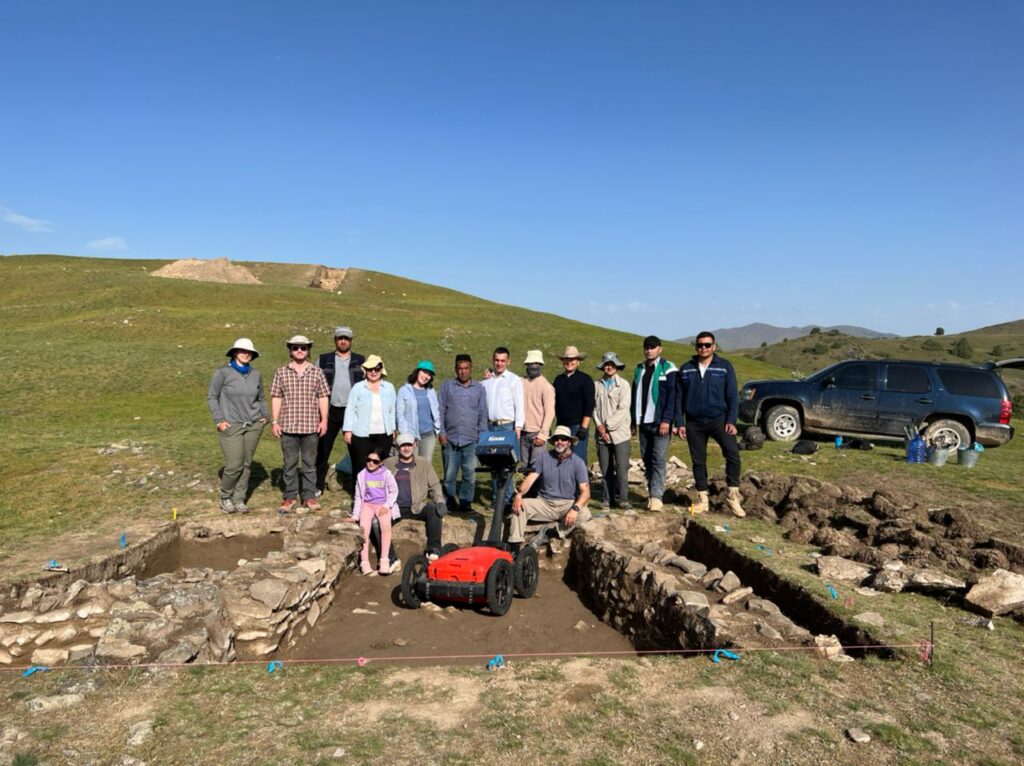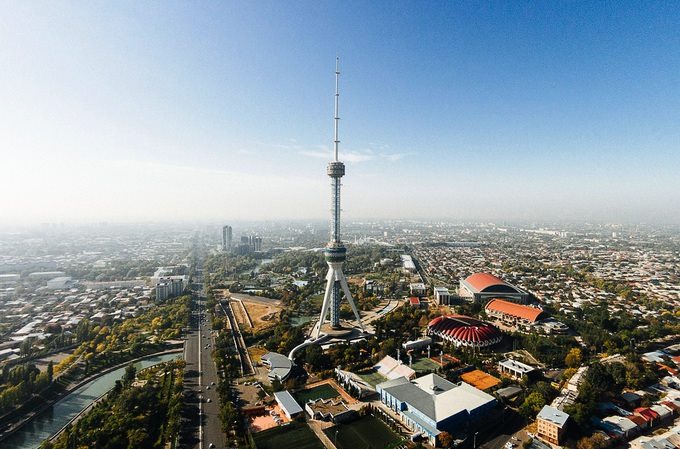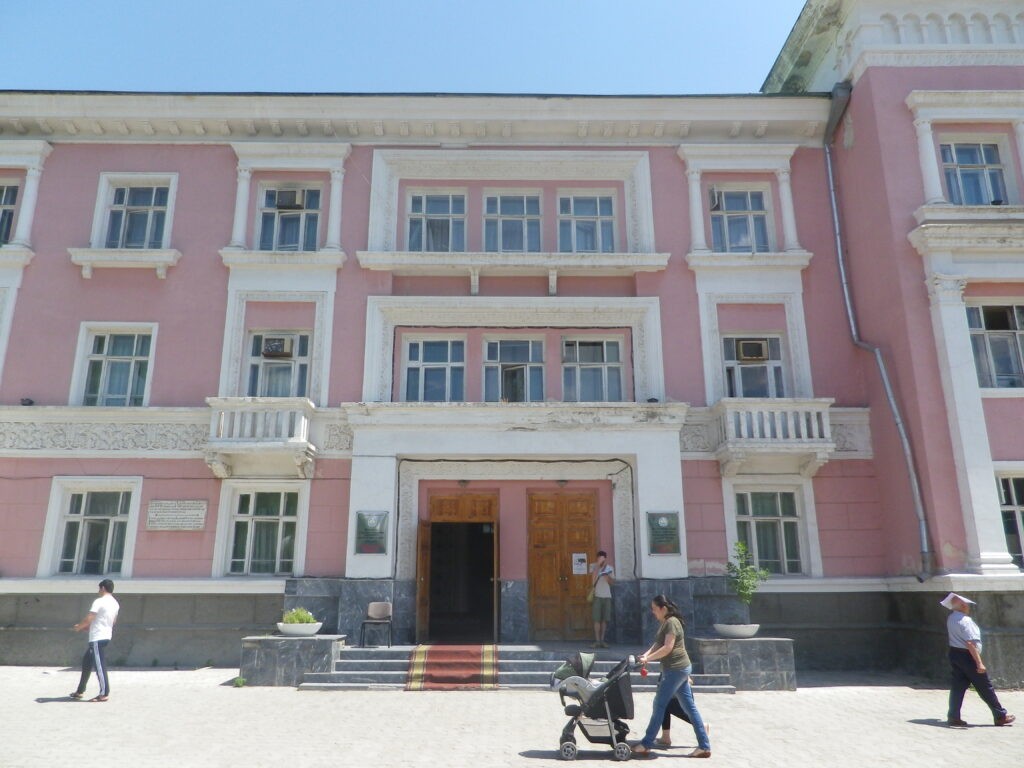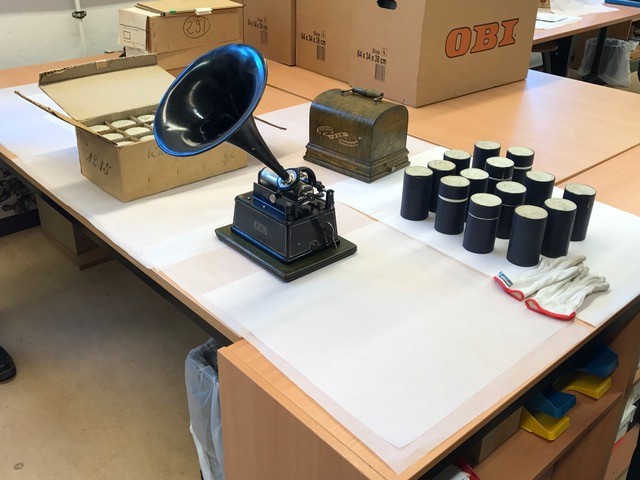I was never a big sports person, but working at the computer and not moving much eventually made me realize I needed some kind of physical activity to cheer myself up and to recharge my body. After all, I wanted to be healthy and active in my maturity – I don’t want to call it old age.
I had doubts about my physical abilities, but I was resolute, so I decided to go for a sport with exercises that are possible for and improve the health of people of age. Therefore, I took up the sport of Wushu, starting in a large group under the guidance of Gaini Kypshakbai, a master of the art.
The first few months were challenging, but I slowly developed new skills. A lot of people quit during this time, and eventually only three of us were left in the group. Gradually, I developed an obsession with the classes as a way to strengthen my body and spirit. Our coach, Gaini, deserves a separate piece to be written about her for her patience and mentoring, but for now, I will just say that I’m grateful and full of respect for her.
Laoshi (coach in Chinese) Gaini gently introduced us to the Tai Chi community, an association of enthusiasts who are passionate about what they do. In my third year of classes, I wanted to broaden my horizons, watch the masters, and show off my modest skills. So, after participating in the Championship for the Republic of Kazakhstan, we went to China for The 13th Zhengzhou China International Shaolin Wushu Competition.

Team Kazakhstan; image: A.Ashimova
Our team consisted of twelve people of different ages ranging from 30 to 65; it was the first international competition for all of us. Some of us were leaving Kazakhstan for the first time, but I’d been to Urumqi 20 years before. Everything that awaited us upon our arrival in China impressed and delighted us. The first thing that pleased me was how clean and organized everything was. People were friendly and willing to help, and, most importantly, it was completely safe. The cities we visited were very green with beautiful trees and lots of flowers; the parks were well-maintained, and the air was clean and fresh.
Almost every city had the same level of population as Kazakhstan, but it never felt crowded. Everything was organized, clear, and accessible. For us, the myth that the Chinese do not speak English was also dispelled. If we encountered a language barrier, it was easily overcome by modern online translators. The youth of China were very bright, independent, and open.
The Opening Ceremony of the festival was an indescribable delight. The small town of Danfeng welcomed us alongside representatives of 65 schools of Tai Chi. The competition was a festival celebrating the different styles of Wushu. We couldn’t contain our excitement as we took pictures on our smartphones and greeted the young athletes from the windows of the bus as thirty-five coaches filled with representatives from different countries moved along the streets of the city.
The Opening Ceremony reminded us of our Soviet childhood when large-scale events were accompanied by a huge number of students and kids running around the stadium and creating a lively atmosphere. For a short while, I was seized by nostalgia, which was replaced by a slight melancholy as I wondered why there is no longer such passion for sports in Kazakhstan. I would like us to start taking care of the younger generation at a state level. I would like to believe that the Nomad Games recently held in Astana will serve as an impetus to open children’s sports schools and academies.
During my time in China, I fell in love with the country because of its originality, combination of rich history and modernity, technology, and absolute self-sufficiency. A truly international affair, at the competition we met teams from Poland, Japan, Mexico, Romania, and the United States. It was a real celebration of the unity of people from different parts of the planet.
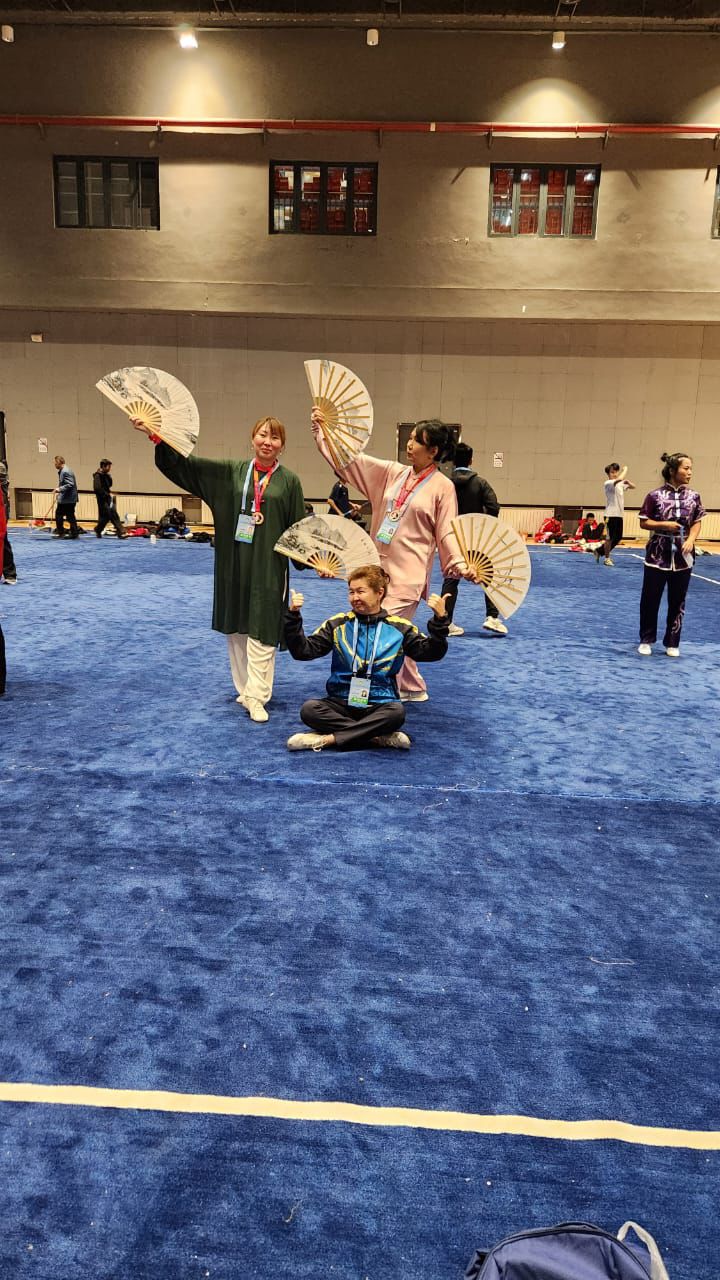
Image: A.Ashimova
Every evening, we met in the hotel restaurant for dinner with Mr. Wú Bīn, a Chinese martial arts master and Wushu coach who has trained more champions than any other instructor in China. Mr. Wú Bīn is the president of the Beijing Wushu Institute, director of the Beijing Wushu Team, and holds leadership positions in the Chinese Wushu Association and the Asian Wushu Federation. Even though he is a legendary figure, he is a man of extraordinary modesty, dignity, and openness. There was not a single team that did not take a picture with him and express their most profound reverence and respect. We were no exception, and gave Wú Bīn Kazakhstani chocolates.
As part of the festival, we visited a Shaolin Monastery, where we were plunged into this holy place’s ancient beauty and unhurried atmosphere, and watched the monks perform their martial arts skills. In the end, the festival’s purpose was not competition, but rather a way to popularize and involve more people in this sport. For all of us, it was an amazing experience and a huge lesson. The Tai Chi Association of the Republic of Kazakhstan will soon hold its international tournament, “Peaks of Tien Shan,” in Almaty. Teams from Kyrgyzstan, Uzbekistan, and different regions of Kazakhstan will join the competition. I dearly hope that the number of countries participating in the tournament will expand over time.
Anara Ashimova.
Silver medalist in the Shaolin Wushu Competition, specially for The Times of Central Asia
